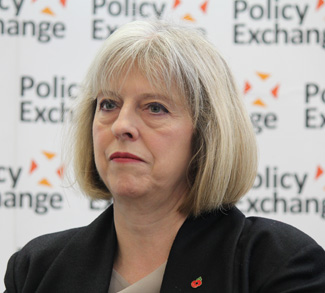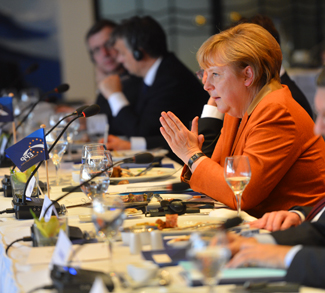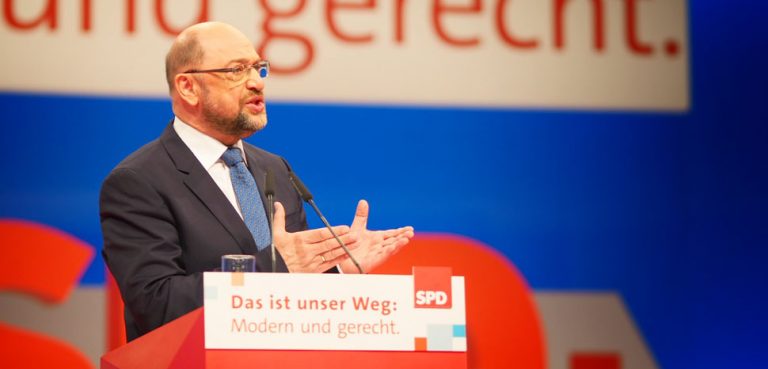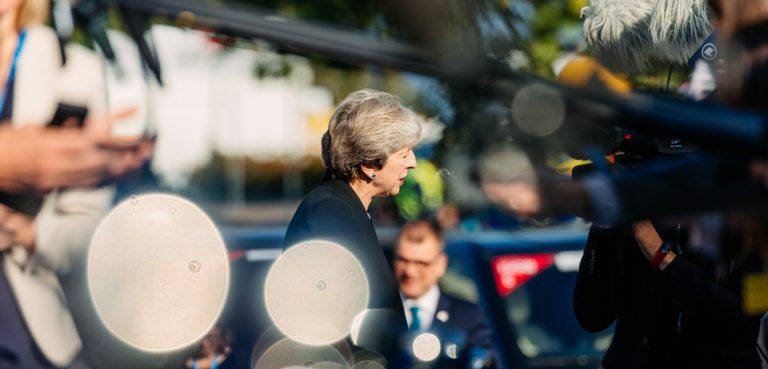Summary
After almost a year of intense speculation, the Brexit process is expected to begin on March 29. The date will launch a process that is still, in essence, a gigantic unknown, and the two-year talks could get off to a slow start as they navigate a packed electoral calendar in the EU.
Impact
Brexit about to become very real for politicians and financial markets. There is no shortage of uncertainties looming over the Brexit negotiating process, and the formal commencement of talks will mark a shift from the hypothetical to the objective. An overriding question here is: How harsh will EU negotiators be toward the state that spurned them? The conventional logic has been that the EU will strike a hard bargain in order to increase the potential costs for any other country that is considering following the UK to the exits. Brussels’ behavior from the referendum until now would seem to support this interpretation, as EU negotiators have refused to give an inch on any pre-negotiation guarantees or give any suggestion that London would secure post-Brexit EU market access without accepting the free movement of labor.




